7 Ways That Using Cloud-Based Technology Can Save Your Healthcare Office Time & Money
Cloud-based technology is changing healthcare for the better.
Using a single access point for information reduces administrative burden, creates an improved patient and employee experience, and allows physicians and other healthcare professionals to focus on what’s really important: providing high-quality care, expanding their practices, and developing valuable relationships with their patients.
In fact, 83% of healthcare offices are now using cloud technology to store and access data, transfer information, and create a user-friendly process for patients. And that number continues to grow as more and more practices discover how helpful, transformative, and efficient cloud-based technology is.
What is Cloud-Based Technology?
You may not be aware of it, but you may be using cloud-based technology on a daily basis. Your iPhone stores data using a cloud-based technology. If you access a common database of information at work, it’s most likely cloud-based. And if you use Microsoft Office, Gmail, or Outlook, you’re relying on cloud-based technology to access vital information.
Cloud-based technology simply refers to services or databases that rely on a system of shared computing resources, shared across the internet.
Think of it this way: Traditionally, an office in which one central database needs to be accessible to everyone would have an individual server. Information might be stored on a single hard drive. Now, offices across all industries (healthcare, finance, law, marketing/advertising, accounting, and so forth) typically rely on a remote server to store and access information via the internet.
The benefits of this kind of system include:
- Instant accessibility: In the case that an employee is working remotely or needs to access information after-hours, they can still access information.
- Scalability: Businesses can expand or decrease the size of data storage. Typically they pay for what they use.
- Security: In the past, a server crash could equal a catastrophe for a business. Now, information is kept safe by being stored on the internet.
Across all industries, cloud-based technology improves efficiency, cost-effectiveness, and accessibility.
Let’s take a closer look at how cloud-based technology is impacting the healthcare space:
#1: Cloud-based technology cuts down on administrative burden.
The administrative burden on healthcare providers is enormous. Providers must handle the intake, storage, and transfer of extremely sensitive information, deal with complicated payment processes involving insurance providers and billing, and communicate frequently with third parties.
That’s why healthcare offices are increasingly transferring their information to an EMR (electronic medical record) system, which relies on cloud-based technology to store and access medical forms.
The result is a more efficient, faster system that saves on paying employees for time working on administrative tasks.
#2: Cloud-based technology reduces potential of lost forms, mix-ups, and employee or user error.
Mistakes and disorganization in any area of administration don’t just result in patient dissatisfaction–they can mean disastrous consequences in terms of HIPAA compliancy.
You can bet that breaches of security can spell serious consequences for a healthcare provider–namely, costly legal fees. Even leaving paper forms on the front desk, in the waiting room, or in an unauthorized space can mean HIPAA regulations are broken.
Relying on a secure, HIPAA-compliant cloud-based technology to store and transfer sensitive, private patient information can actually increase HIPAA compliancy by helping to ensure that healthcare staff meets required standards just by using the system.
#3: Cloud-based technology increases accessibility for patients.
Patients also have the opportunity to privately message providers, fill out questionnaires, and give their feedback to providers through a cloud-based system.
Ultimately, this kind of system gives patients a more significant role in their own healthcare journey…and increases the likelihood that they will return to your office, recommend you to friends or family, or leave a positive review on Yelp.
#5: Cloud-based technology improves the patient onboarding process.
Using cloud-based technology improves the onboarding of new patients by sending new patients necessary forms as well as a pre-appointment questionnaire prior to their first appointment. Not only does this help prepare the patient (and provider) for the first appointment, it makes a positive, professional first impression on first-time patients, increasing retention rate and potentially boosting profits.
#6: Cloud-based technology improves employee training.
In general, cloud-based technology creates systems that are easier to use and more efficient. In a healthcare office, using EMR can help facilitate employee training by creating a system that’s easier to learn. More than likely, new staff will appreciate learning a digitized system rather than sorting through filing cabinets and stacks of paperwork.
Ultimately, a quicker, more efficient employee training process means your employees become competent and valuable to your business at a faster pace…and most likely have a greater retention rate.
#7: Cloud-based technology helps you provide better care.
So far, we’ve discussed how EMR improves patient and employee experience, but what about provider experience?
Cloud-based electronic forms can actually help improve your experience as a healthcare provider by offering easy, instantaneous access to vital patient information, helping you to prepare for appointments, work from home, and even make assessments on the fly.
Ultimately, cloud-based technology should create more space for you as a healthcare provider to focus on what you love doing the most: Providing high-quality, patient centered care that helps people live fuller, healthier lives.
A Quick Recap of Cloud-Based Tech in Your Healthcare Office
To recap, using cloud-based electronic forms:
- Reduces the likelihood of costly, time-sucking administrative errors
- Makes the process of filling out and sending forms more accessible for patients, improving patient satisfaction
- Facilitates communication with third parties such as other healthcare providers, labs, and employers
- Improves patient onboarding, by facilitating the process of delivering and receiving forms before a patient’s first appointment
- Improves the employee experience
- Helps you focus on providing higher-quality care
You may even find that using cloud-based technology provides additional benefits you haven’t even thought of, such as reduced phone calls from patients, a smaller staff, increased organization, and a cleaner space.
Should your office go paperless? Follow this 5 step guide to find out!
Taking the Next Step: Converting to Electronic Records
If you still use paper forms, converting your current system to EMR may seem a bit overwhelming.
Taking a methodical approach, paying special attention to rules concerning safety and security, and converting your paper records to digital records in segments or increments can help make the process easier.
No matter what, remember that at the end of the day, cloud-based technology is designed to make your business more successful, more efficient, and more profitable.
IntakeQ is a cloud-based electronic forms system that offers you the benefits listed above, as well as an adaptable system that allows you to customize forms, build a feedback system, provide private messaging, and even send your patients appointment reminders.
It’s a safe, adaptable system for your healthcare office to reap all the benefits of cloud technology…while remaining safe, patient-friendly, and cost-effective.





